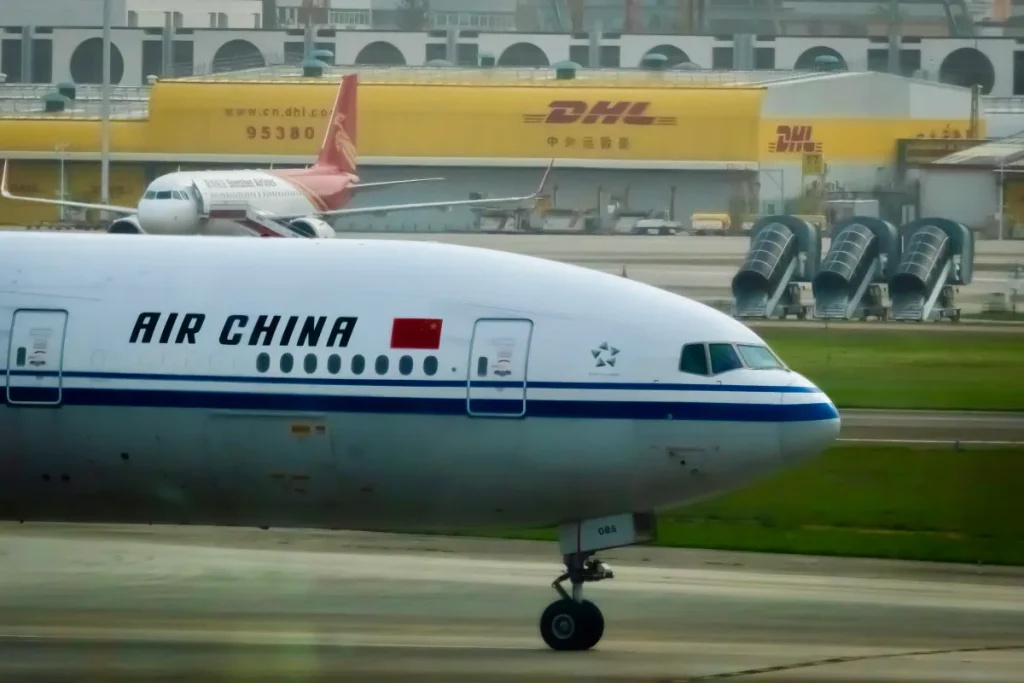China’s Tourism Retaliation Against Japan: Economic Fallout and Diplomatic Tensions
In a striking demonstration of how tourism can become a geopolitical weapon, China has triggered a massive wave of travel cancellations to Japan following Prime Minister Sanae Takaichi’s recent comments about Taiwan. The Chinese Ministry of Culture and Tourism issued a travel alert citing deteriorating “safety” for Chinese citizens in Japan, prompting major Chinese airlines to offer free cancellations and refunds. This has resulted in approximately 491,000 canceled tickets over just three days, according to aviation analyst Li Hanming. The economic implications are severe – one economist from Nomura Research Institute estimates Japan could lose as much as 1.79 trillion yen ($11.5 billion), potentially shaving off 0.29 percent from Japan’s 2024 nominal GDP if the trend continues, mirroring a similar tourism boycott that occurred in 2012 during the Senkaku/Diaoyu Islands dispute.
The timing couldn’t be worse for Japan’s economy, which has been enjoying a post-pandemic tourism boom with arrivals increasing by 48 percent last year. Chinese tourists have been a significant driver of this recovery, accounting for nearly a quarter of all international arrivals in September alone. Japan’s autumn season, renowned for its spectacular fall foliage, traditionally attracts large numbers of visitors from China who contribute substantially to local economies. Tourism-dependent businesses and industries are already feeling the impact, with shares in beauty company Shiseido plunging 11 percent and Tokyo Disney Resort operator Oriental Land dropping 5.68 percent. Beyond tourism, the cultural exchange between the nations has also been affected, with the Chinese release of several Japanese films now delayed indefinitely, showing how diplomatic tensions can ripple across multiple sectors of the economy.
This tourism boycott stems from Prime Minister Takaichi’s parliamentary statement that a Chinese military blockade of Taiwan would constitute a “survival-threatening situation” for Japan, potentially justifying Japanese military intervention under the “collective defense” clause of its pacifist constitution. While previous prime ministers have expressed concern over China’s stance toward Taiwan, Takaichi’s remarks represent the strongest suggestion yet about potential Japanese military involvement. The comments sparked immediate diplomatic backlash, with both countries summoning each other’s ambassadors for formal protests. China’s Foreign Ministry spokesperson Mao Ning justified the travel advisory by claiming increased crimes targeting Chinese nationals in Japan and “extreme and threatening remarks” from Japanese right-wing groups, though many observers view this as a transparent pretext for economic retaliation.
The human cost of these political maneuvers falls heavily on ordinary people and businesses that rely on cross-border tourism and trade. Yoshie Takao, a travel agency owner in Fukuoka, expressed the frustration felt by many in Japan’s tourism sector: “Government disputes are affecting private sector activities. It’s truly troubling, but there’s nothing we can do.” Small business owners, hospitality workers, and others in tourism-dependent regions who had been counting on Chinese visitors during the crucial autumn season now face uncertain prospects. Meanwhile, Chinese tourists who had been planning trips to enjoy Japan’s cultural attractions and natural beauty are redirecting their travel plans, with South Korea emerging as the new preferred destination according to Chinese state media, benefiting from the diplomatic fallout between its neighbors.
This isn’t the first time China has weaponized tourism as a form of economic pressure against countries whose policies it disagrees with. Similar patterns have emerged in disputes with South Korea over missile defense systems, Australia over calls for an investigation into COVID-19’s origins, and Taiwan over its democratic governance. The effectiveness of such measures highlights China’s significant leverage as the world’s largest source of outbound tourists, whose spending power can make or break seasonal tourism in many destinations. For Japan, which has been struggling with economic stagnation and is heavily reliant on tourism for growth, the timing of this boycott creates particular challenges as businesses were still recovering from pandemic-related losses.
Efforts to defuse the situation are underway, with Japan sending its envoy for Asian and Oceanian affairs, Masaaki Kanai, to China for talks with his counterpart Liu Jinsong. Japanese officials have reportedly emphasized that the country’s fundamental policy toward China remains unchanged, urging Beijing not to escalate actions that could further damage bilateral relations. However, Prime Minister Takaichi has thus far refused China’s demands to apologize for her Taiwan comments, creating an impasse that could prolong the tourism boycott. As autumn turns to winter, Japanese businesses will be watching closely to see if diplomatic channels can restore the flow of Chinese tourists before the damage to local economies becomes even more severe. This situation illustrates how deeply intertwined tourism, economics, and geopolitics have become in the modern world, with travelers unwittingly becoming pawns in a larger diplomatic chess game.















